Checkout-free stores: retail’s next normal or overhyped and of limited value to high streets?
Checkout-free is retail's next to next normal, says Krishna Motukuri, CEO and Co-founder at Zippin.
In a tweet, posted on Saturday, he observes: “This is unfolding rapidly across stadiums and airports in the US and spreading to the rest of the world. Self-checkout and scan and go have too much friction to survive in the long run.”
There is undoubtedly a lot going on in this space. Barely a week goes by without yet another high profile store opening involving hot startups like AiFi, Trigo, Standard AI, and Grabango.
Last week, for instance, Tesco opened its latest GetGo location, Aston University Express. Powered by Trigo technology, this is located in Birmingham, the UK’s second largest city.
The university location is the final instalment of Tesco’s announced three autonomous stores deployment throughout the UK, the other sites being Chiswell Street Express in central London, and Fulham Reach Express in Parrs Way, London.
It is the largest autonomous Tesco store to date at over 4,000 sq ft.
In a LinkedIn post, Tom Simmons, Product Manager, GetGo at Tesco, said: “We're delighted to take GetGo to a new part of the country as this is our first store outside of London/South East. Lots of positive feedback on day one, looking forward to hearing more from our customers over the coming weeks/months.”
At the same time, however, autonomous stores have been on the retail scene for a few years now and yet live in the high street we’re not really seeing the penetration that, if they’re being brutally honest, investors and retailers trialling the technology would admit they want.
By way of example, in January, Amazon Fresh UK closed its Dalston, London location, less than 18 months after opening it in a blaze of glory.
It is also understood to have walked away from talks on dozens of sites, and stopped its search for more locations.
According to media reports, Amazon has slammed on the brakes due to sales falling short of expectations and fit out costs being multiple times higher than with a standard location.
We at RTIH have certainly been hearing that Amazon is not alone here. Across the board the price point is too high and therefore limiting adoption.
Until both consumer demand drives it and the ROI shows a real win, then this will continue to be a cool technology but of limited value in the high street.
The key win is to eliminate queuing at the checkout and that’s where the consumer will see significant advantages.
But in 2023, amidst major economic turmoil, the focus is on cost consciousness, and, n our humble opinion, without the ability to drive down costs this space is two or three years away from truly going mainstream.

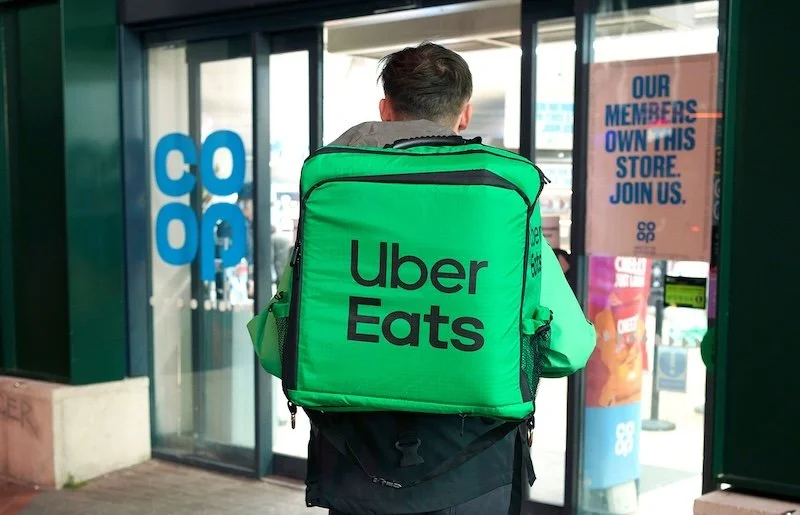





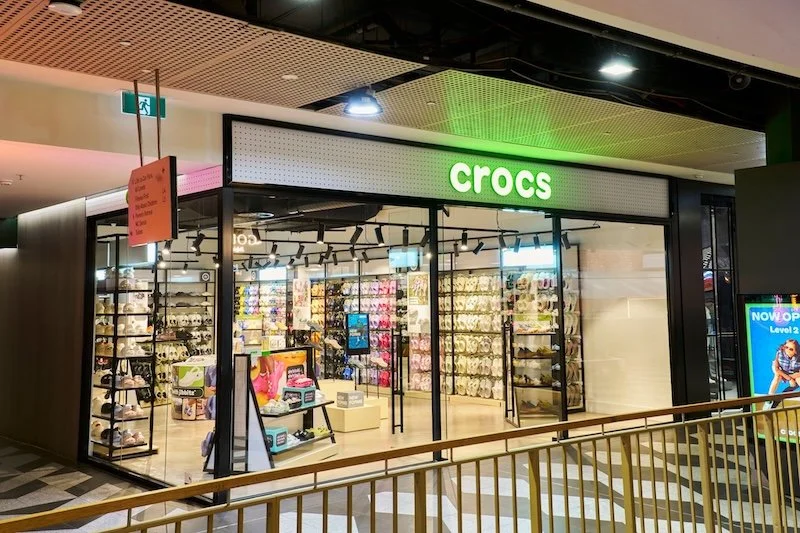
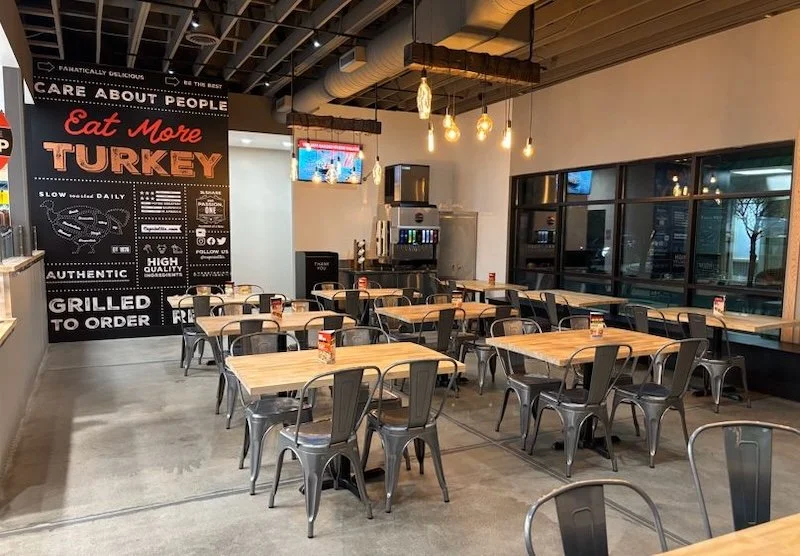
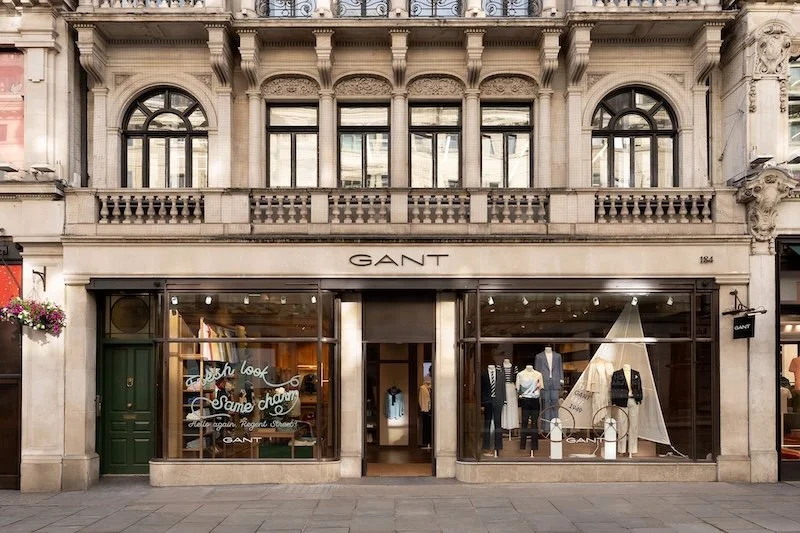
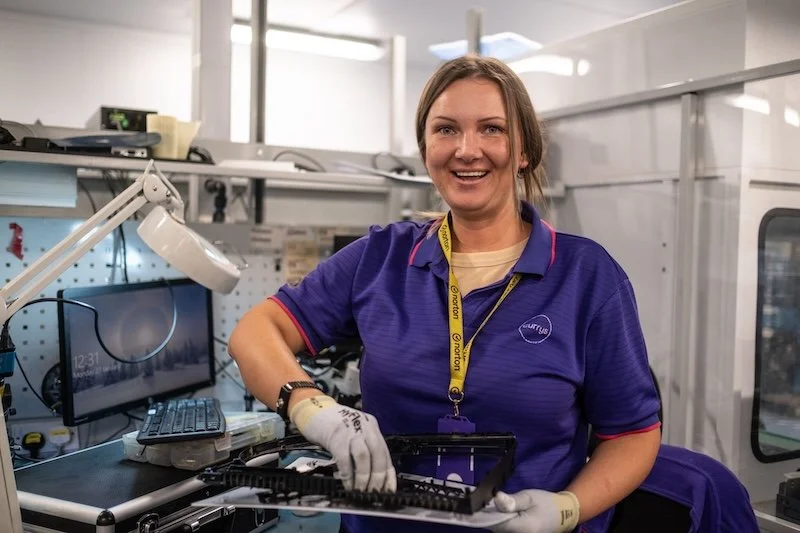

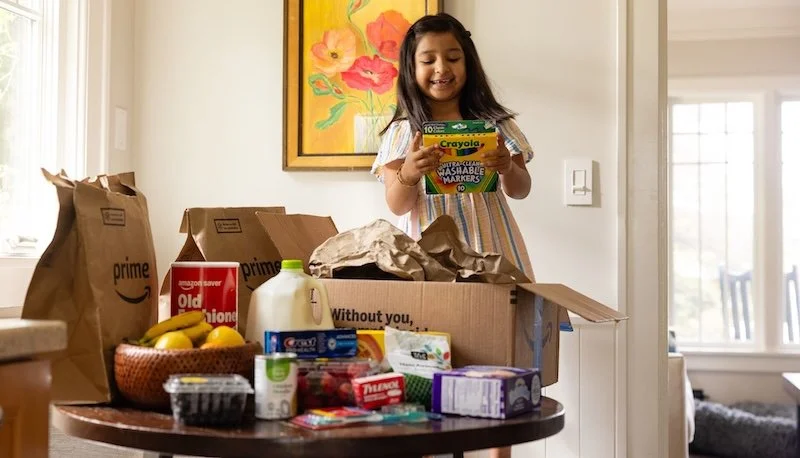


Continue reading…